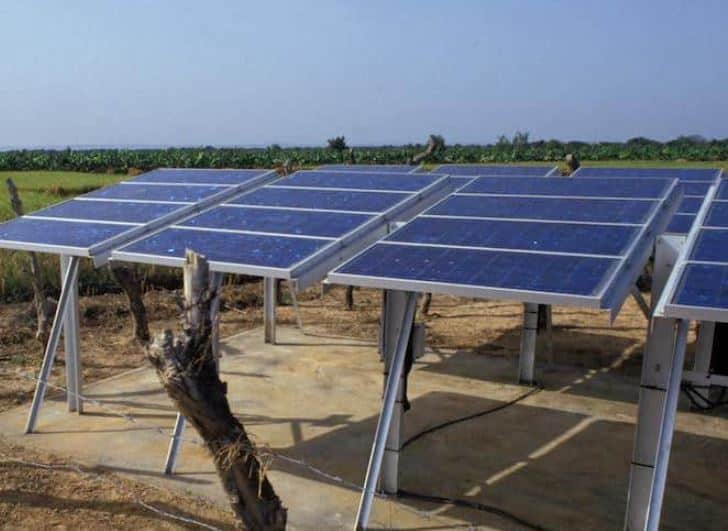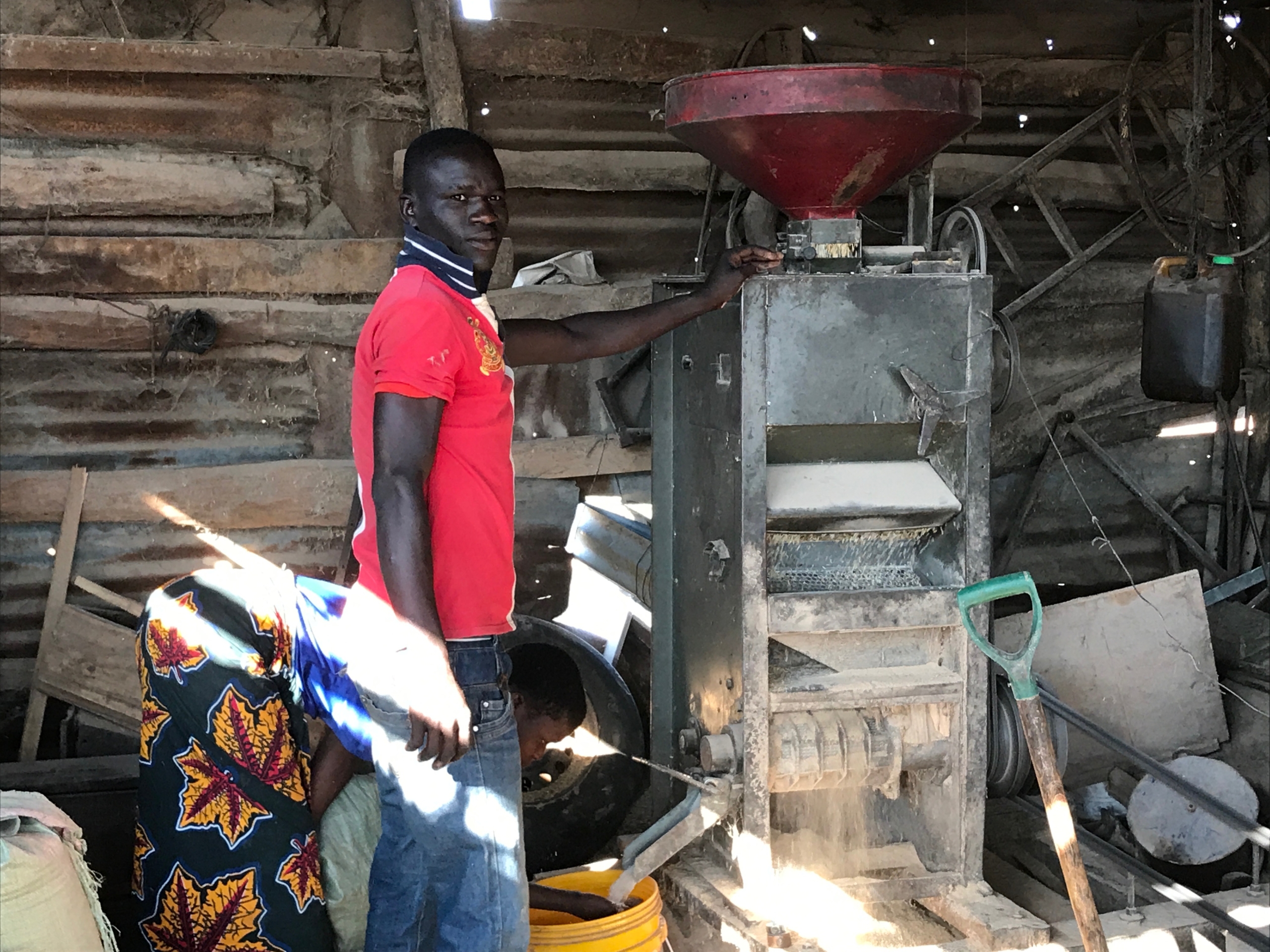Preserving Produce: Factor[e] Presents ColdHubs
Factor[e] Ventures welcomes another promising company to its portfolio. ColdHubs founder Nnaemeka Ikegwuonu’s foray into the business of food preservation evolved from a simple observation on market day in his native Nigeria: At the end of the day, a lot of good food gets thrown away. Small-scale farmers selling their fruits and vegetables at market often toss anything they have not sold by closing time, because, after a day or two in the heat, produce is completely wilted or rotted. Some lose as much as 45 percent of what they grow this way.
“Farmers’ ability to earn income from their goods is essential to both poverty alleviation and food security”
For Ikegwuonu—himself a small farmer—this kind of waste in a country so economically dependent on small-scale agriculture is unacceptable. Nearly 70 percent of Nigeria’s GDP is agriculture-based, with 80 percent of its farmers cultivating crops at a subsistence level. This means that farmers’ ability to earn income from their goods is essential to both poverty alleviation and food security.
An immediate solution is to help farmers reduce food waste and improve their sales potential by preserving their harvests for longer. This is precisely what Ikegwuonu had in mind when he started ColdHubs: a business that builds and operates solar-powered cold-storage units, renting out space in the units to produce vendors in places where lack of electricity for refrigeration is a key reason so much food goes to waste.
“With so much advancement in science and technology, there is no need for [millions of] smallholder farmers, wholesalers, and retailers in developing countries to lose [so much] of their annual harvests due to lack of cold storage,” says Ikegwuonu. “Cold storage should be part and parcel of their daily operations.”
“Nnaemeka is a farmer; he really gets it. He has seen firsthand why refrigeration and food spoilage need to be addressed.”
Working in partnership with the German Institute for Air Handling and Refrigeration, Ikegwuonu designed a 10-by-10-by-7-foot walk-in refrigeration unit spacious enough to hold around 3 tons of produce. Each unit is powered by 3 to 5 kW of solar panels, maintaining the inside temperature at a constant 5 degrees Celsius day and night. ColdHubs installs the units near farms and local markets and then recruits local operators to rent out the space to farmers and market vendors. They also plan to collect data from the cooling hubs, which could yield important insights into customer behavior and what goods are commonly being stored in the units. The company estimates that produce can be preserved for up to 21 days, enabling farmers to increase their income earning potential by as much as 25 percent from goods that would otherwise be thrown away.
The first ColdHub was launched just over a year ago in southern Nigeria, following almost a year and a half of product design and testing. Its goal in the coming years is to expand into Kenya, Rwanda, Zambia, and Zimbabwe.
“We’re excited about the partnership with the ColdHubs team” says Nick Peters, Factor[e]’s Business Director. “Nnaemeka is a farmer; he really gets it. He has seen firsthand why refrigeration and food spoilage need to be addressed.” Together, we can work to optimize the technology design, cut costs, build out operations, and improve data collection techniques, all of which will make ColdHubs an even more attractive candidate for future financing. “We’re eager to roll up our sleeves to help ColdHubs create the best possible solution,” says Peters. “At the end of the day, our commitment is to creating positive change by helping rock stars like them be successful.”

 Catalytic Investing in Emerging Markets
Catalytic Investing in Emerging Markets The Nexus of Agriculture and Energy in Africa: Five Lessons for Bridging the Ag-Energy Gap
The Nexus of Agriculture and Energy in Africa: Five Lessons for Bridging the Ag-Energy Gap Looking Beyond Appliances: Systemic Barriers to Minigrid Demand Stimulation
Looking Beyond Appliances: Systemic Barriers to Minigrid Demand Stimulation The Clock is Ticking on Energy Access: Exploring Factor[e] Ventures’ Big Bet on Mini-Grids
The Clock is Ticking on Energy Access: Exploring Factor[e] Ventures’ Big Bet on Mini-Grids